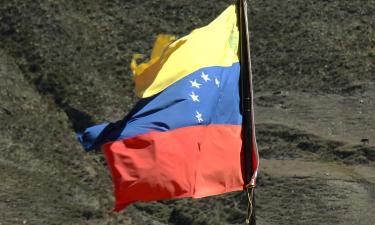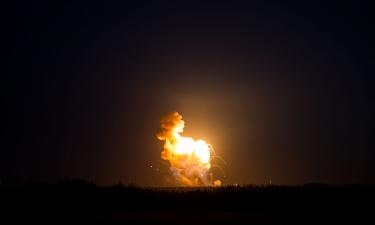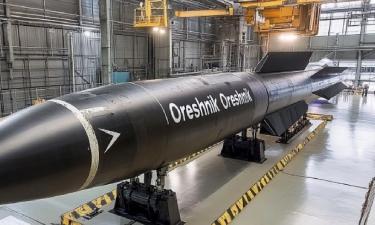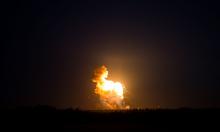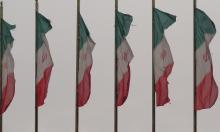Russians Aiming To Take Two Gold Medals At Forthcoming Karate Championship
Roman Anashkin, head of the Russian delegation to the first world championship in Daido-Juku Karate-Do has announced that the team is aiming to take at least two gold medals away from the Tokyo tournament, which opens on November 17. According to him, Russia's main rivals in the event will come from, naturally, the host nation, as well as sportsmen from Canada, the Netherlands, Iran and Australia. In all, 80 contestants from 32 countries will take to the mats in five weight categories. Three sportsmen from Siberia, one from Rostov-on-Don and two Muscovites will fight for Russia after they put up the best results in this April's "Open Cup of Moscow." A prize fund of $2,000 is at stake of which the fighters, in accordance with the regulations, will receive 55% in cash. Anashkin said that Daido-Juku Karate-Do was the second most popular form of the martial art in Russia with some 10,000 people practising it, while it has a further 3,000 enthusiasts in the CIS. Daido-Juku rules allow all blows with the hands, legs, including knees and elbows, and the head, as well as trips and throws and stifling and painful moves. Blows to the neck, spine, back of the head, groin and potential fracture points on joints are prohibited. The sportsmen wear special protective helmets with plastic visors. A bout lasts for three minutes including two attempts lasting 30 seconds to execute a pain-causing or suffocating move. Executive Director of the Russian Federation of Dadio-Juku Alexander Veselchakov says that the sport's injury rate is no higher than non-contact forms of karate, because the sportsmen are better trained for their attacking maneuvers.
Subscribe to Pravda.Ru Telegram channel, Facebook, RSS!
